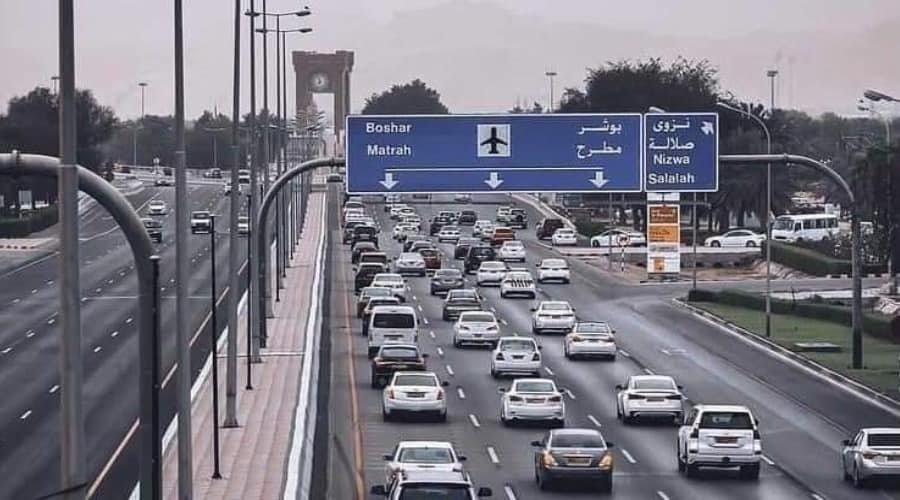MUSCAT: Razat Royal Farm in Salalah, Dhofar Governorate, has officially inaugurated its new tourist trail, welcoming visitors to explore the farm’s rich agricultural landscape and diverse plant collections. The trail offers an immersive experience across tropical and ancient trees, crop fields, and various farm products, designed with precise technical and scientific standards. Visitors are guided through multiple stations that showcase different crops and plant varieties, culminating at a comprehensive station that consolidates the farm’s highlights while providing rest areas and essential visitor services.
The farm features a remarkable agricultural diversity, including various types of bananas—most notably the Razat banana—supported by a banana gene bank and a ripening unit. It also houses coconut, papaya, grape, fig, custard apple, and Omani lemon trees, as well as numerous tropical and subtropical fruits and vegetables. Indigenous and ancient trees such as frankincense, baobab, giant ficus, and tamarind enhance the farm’s ecological significance, while medicinal and aromatic plants like turmeric, ginger, and basil contribute to its educational and scientific appeal.
Beyond its agricultural value, Razat Royal Farm serves as a sanctuary for birds and preserves historical agricultural artifacts, including a jar dating back to the era of Sultan Said bin Taimour. The farm is irrigated through a combination of traditional and modern aflaj systems sourced from the Razat spring, blending heritage techniques with contemporary efficiency. Guided tours and educational stations allow visitors to engage with the farm’s heritage, ecology, and sustainable farming practices in a structured and informative manner.
The opening of the tourist trail highlights the Royal Court Affairs’ commitment to promoting agritourism and food security while offering an enriching experience for the public. Spanning approximately 1,085 acres, with 900 acres cultivated, Razat Royal Farm combines agricultural production with ecological, historical, and educational value. Located on Sultan Qaboos Street in eastern Salalah, it exemplifies sustainable development and serves as a model for integrating heritage, agriculture, and tourism in the region.



